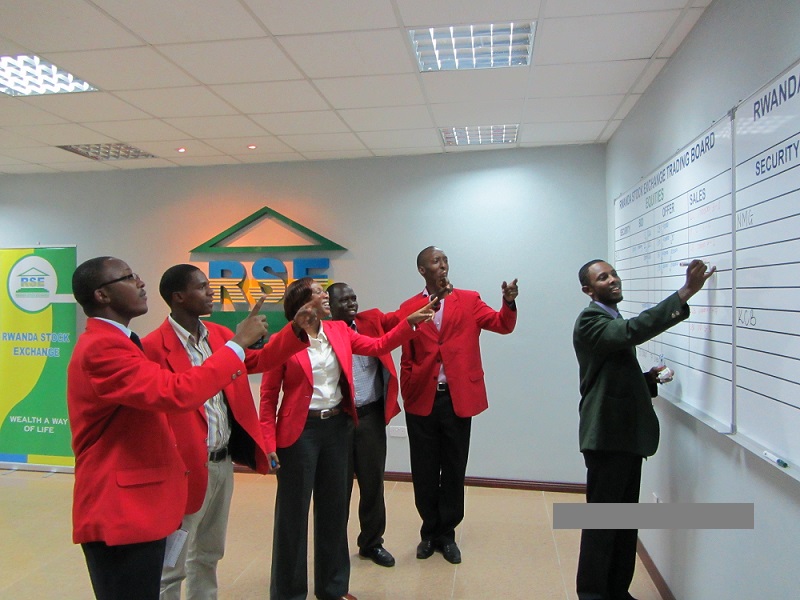Rwanda’s Parliament has approved the foundational principles of a draft law that seeks to overhaul the legal and institutional framework governing the custody, management, and oversight of securities, financial agreements, and netting arrangements.
The legislation aims to liberalize the securities custody function, previously monopolized by the National Bank of Rwanda (BNR), by allowing additional licensed entities to offer custodial and safekeeping services for securities.
Once enacted, regulatory oversight will shift to the Capital Market Authority (CMA), aligning Rwanda’s practices with global standards in capital market regulation.
Approved in principle during a parliamentary session held on 19 May 2025, the bill now proceeds to a detailed review stage, where over 70 provisions will be assessed at committee level.
Presenting the proposal, Minister of Finance and Economic Planning, Yussuf Murangwa, said the objective is to streamline and modernize Rwanda’s capital market infrastructure as part of the country’s ambition to position Kigali as a regional financial centre.
“The existing law mandates BNR as the sole custodian of securities in the country. However, in view of Rwanda’s evolving capital market landscape and Kigali’s vision as an international finance hub, there is a need to allow market-driven custodial competition while maintaining strong regulatory oversight,” he noted.
The proposed reform is expected to enhance market efficiency, investor confidence, and institutional credibility by ensuring that custodial operations are subject to independent regulatory supervision.
It will also help resolve a long-standing governance challenge wherein BNR has operated as both the custodian and the regulator of securities—contravening best practices of regulatory separation of powers.
“This bill transfers the regulatory function to the CMA, in line with international norms and the mandates of transnational securities regulators,” Murangwa added.
Key components of the draft law also address investor protection, default risk management, and collateral arrangements. Specifically, it empowers licensed custodians—rather than the Rwanda Development Board (RDB)—to manage collateralized securities and pledged assets under enforceable legal protections.
Murangwa emphasized that broadening market access would boost the country’s capital markets, attract foreign institutional investors, and support the development of Rwanda’s financial sector in compliance with international financial market principles.
MP Nyirabazahiyire commended the bill, stating that it strategically positions Rwanda to attract global investment into its financial and capital markets.
“This legal reform enhances Rwanda’s competitiveness and appeals to investors worldwide seeking transparent, well-regulated markets,” she said.
MP Uwababyeyi Jeannette questioned the rationale for stripping BNR of its regulatory authority, expressing concern about possible institutional disruption.
However, Minister Murangwa reassured Parliament that the change is necessary to strengthen governance and reinforce the country’s commitment to transparency, accountability, and global compliance.
The draft law is part of a broader effort to deepen Rwanda’s capital markets, encourage private sector participation, and align national legislation with international capital market frameworks—all in service of long-term economic transformation.
